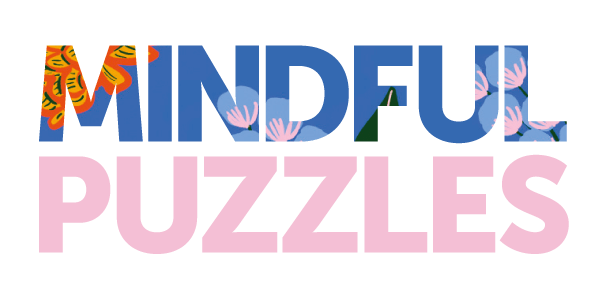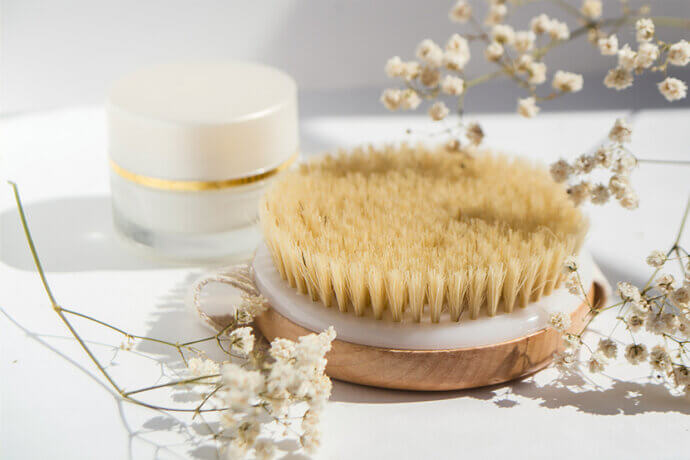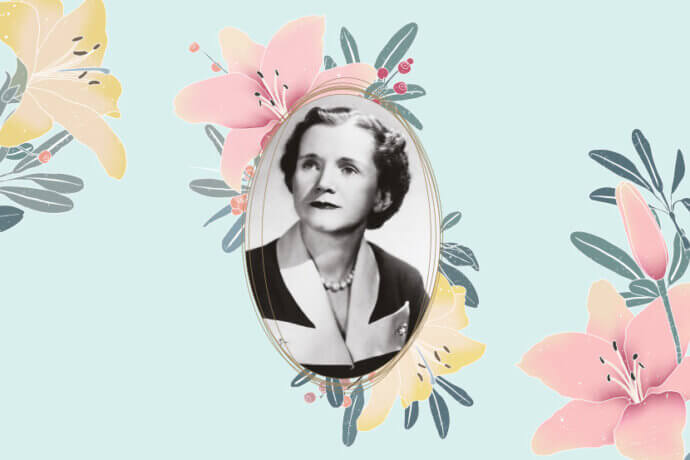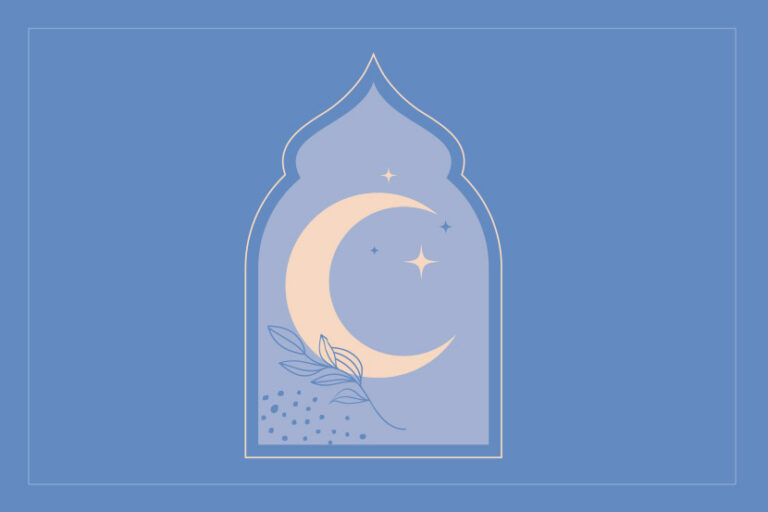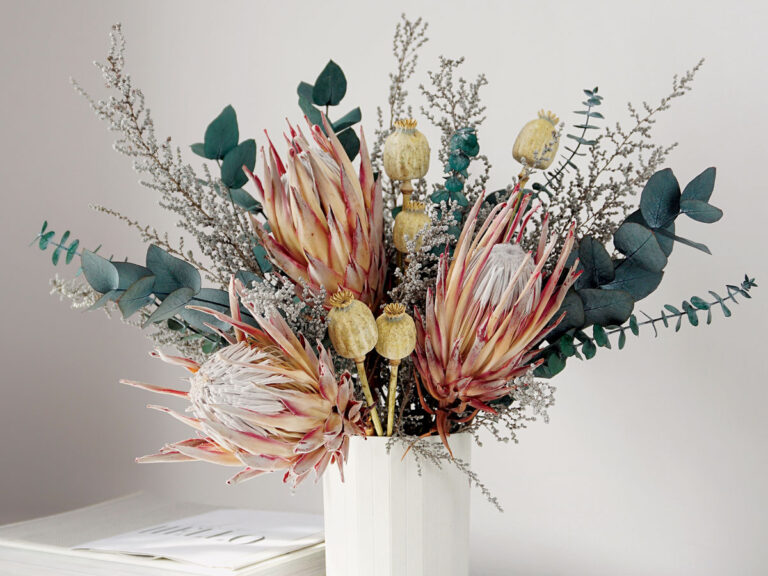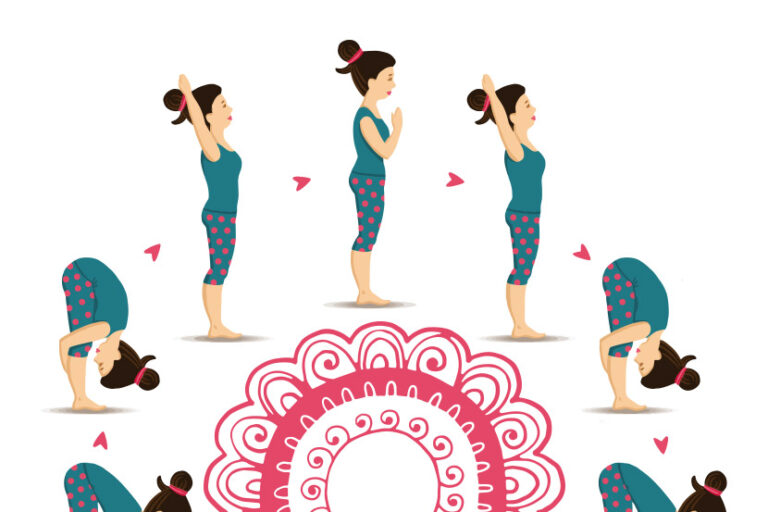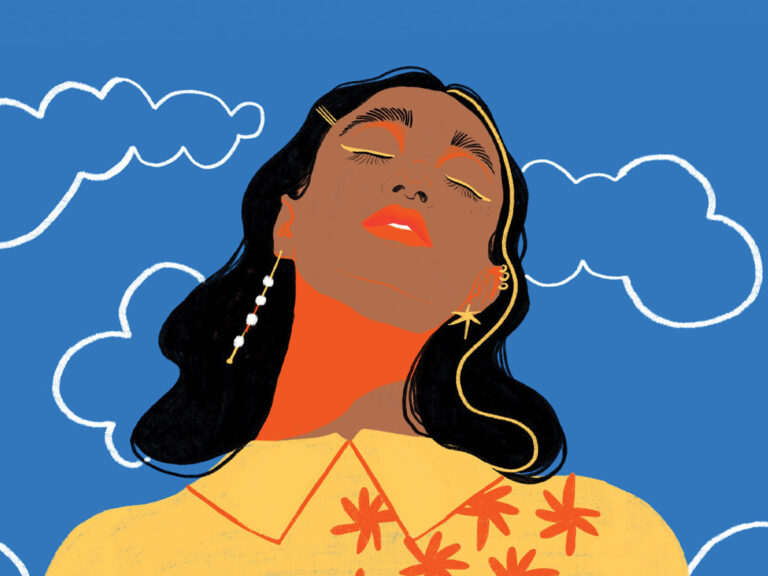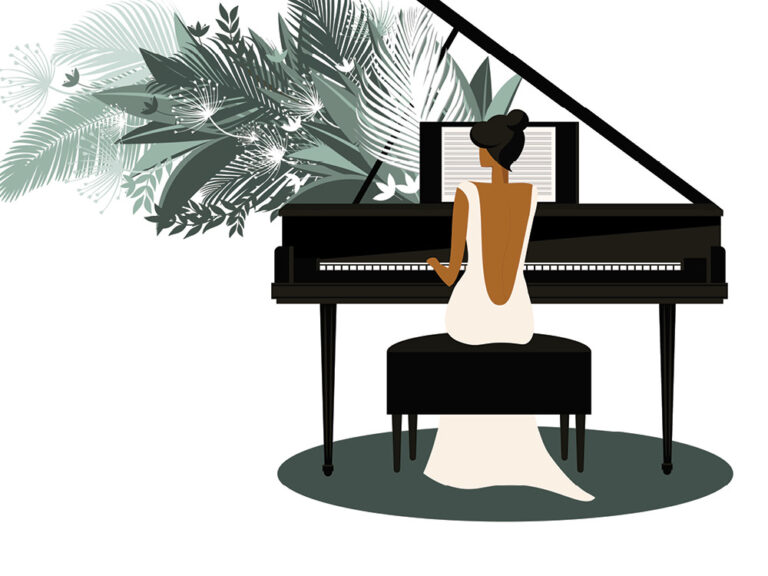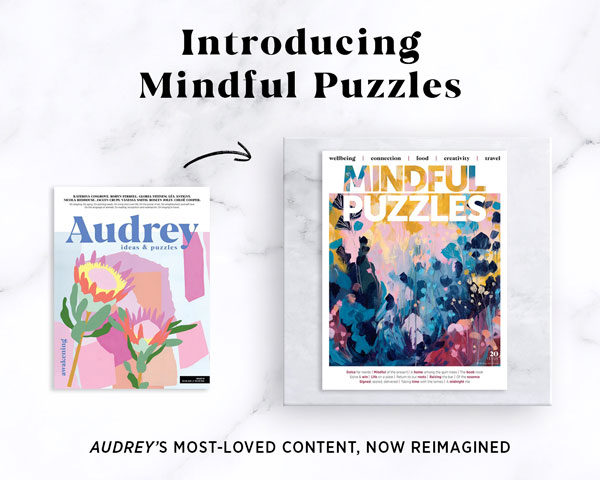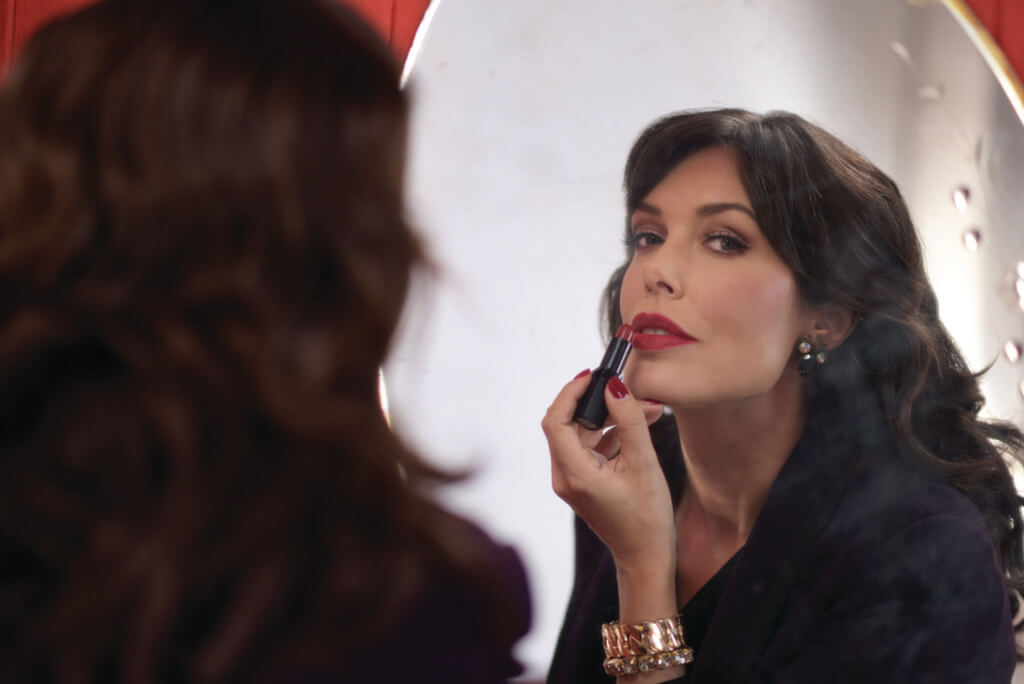
Tara Moss knows a thing or two about beauty —both its power and its limits.
After a career as an international fashion model that began at age 14, Tara Moss has gone on to become a prolific author, with 11 best-selling novels and two nonfiction titles to her name. Perhaps the most widely known of these works, The Fictional Woman, explores the various fictions and myths with which others sought to define and stereotype her along the way, and examines the many ways our culture does this to women in general.
What role do you think art, literature and media play in the construction of beauty ideals today? And what do you think we could be doing better here, especially where representations of women are concerned?
They play a significant role in much the way social norms around us play a role in how we behave and what we expect or learn to idealise. Though it is often presented as such, it’s never one influence or another that defines ideals; they are a cumulative effect. No one lives in a vacuum devoid of influences. What is also important to realise is that mainstream culture isn’t the only culture. There are subcultures— something I tend to be quite interested in—and alternatives. The mainstream is, by definition, always louder, always taking up more space, but stepping out of that stream can be quite refreshing. It may not change how others respond to us, but it can change the way we respond to ourselves. There has been a push in recent years for greater diversity in media representation, led by the trans and queer communities, women of colour, the disability community, body positive women and older women, and I think that is great. Diversity matters and representation matters.
What role has beauty played in your own work as a writer?
I directly and unashamedly speak out on women’s representation and experiences in my nonfiction books, but the common thread through all of my books over the past 21 years has been the project of focusing on women’s stories and experiences. I don’t believe you can write about women without touching on their relationship to beauty ideals, whether they subvert and defy them or embody them. Beauty appears in many forms in my books, from the paranormal to the sartorial. This is sometimes achieved in playful ways, as in The Blood Countess, a book featuring blood-sucking supermodels and a lampooning of the beauty industry, or grappled with in terms of stats and critical analysis, as in my nonfiction.
Having had a long and varied career in the media spotlight, can you remember any watershed moments in your own life that changed your thinking about this—especially issues to do with gender representation? And have you found yourself drawn to different kinds of projects, as time has gone on?
When I was younger, working as a fashion model and desperate to pay my bills, I spent most of my time just surviving and had little space for deep thinking on the subject of gender representation. I experienced a lot of abuse and sexual harassment. When I quit modelling and launched my debut novel Fetish in 1999, after a lifetime of wanting to get published, and was hit with stereotypes about dumb models and baseless rumours that I couldn’t have possibly written my own book, it was a real wakeup call about how deeply entrenched and damaging these stereotypes are. It was fine if they could take my picture, but accepting that I might write or have something to say was altogether different. I even undertook a lie detector test in 2002, after a dare from The Australian, to prove that I write my own bestselling work. Over time, I became much more explicit and direct in my public engagement with these issues. The Fictional Woman, which I published in 2014, explored our culture’s fictions, stereotypes and archetypes around women and girls, the complex relationship we have with advertising and the beauty industry, and the fraught relationship we have with physical representation and attraction, particularly as relates to women. I followed it up with Speaking Out—A 21st Century Handbook for Women and Girls.
I know that you have a young daughter. I’m curious whether becoming a parent changed your attitude toward beauty? What do you try to teach your daughter about beauty and its role in a meaningful life?
Becoming a parent changed plenty, but it did not particularly alter my view of beauty. We all try our best as parents, and there is no magic formula for ‘doing it right’. Culturally, we do have a tendency to describe the ‘clever boy’ and ‘pretty girl’, or the ’strong boy’ and the ‘bossy girl’, and I wrote about that in The Fictional Woman. I imagine I was careful not to fall into that pattern as a parent, but there’s a particular memory I’d like to share that speaks to Sapphira’s sense of self and how early it was there for her. We were in a supermarket some years ago, when she was only about three years old, and a kind older woman bent over her and said, ‘You are very pretty.’ Sapphira looked up at her, put her hands on her hips and spontaneously announced, ‘I’m smart and brave, too.’ The woman loved it,
and I will never forget the way my girl, at such a young age, had the sense that pretty was fine, but it wasn’t everything. It wasn’t what defined her. And pretty is just lovely, but it isn’t everything.
We have so many competing definitions of beauty in our culture. What is your personal definition of beauty, especially of beauty that endures?
Beauty that endures evokes a vision of scars, of wear, of the passing of time. The beauty of youth is undeniable, but it is not the only beauty. Beauty reveals itself in objects, in actions, in words and art and compassion. Beauty is, in some ways, a gift to a difficult world, but it isn’t something that only exists in humans, only in youth, only in women and girls, only in that narrow definition. Beauty can be found everywhere. It can be so much more than what we often focus on, and the world is better when we open ourselves to it.
